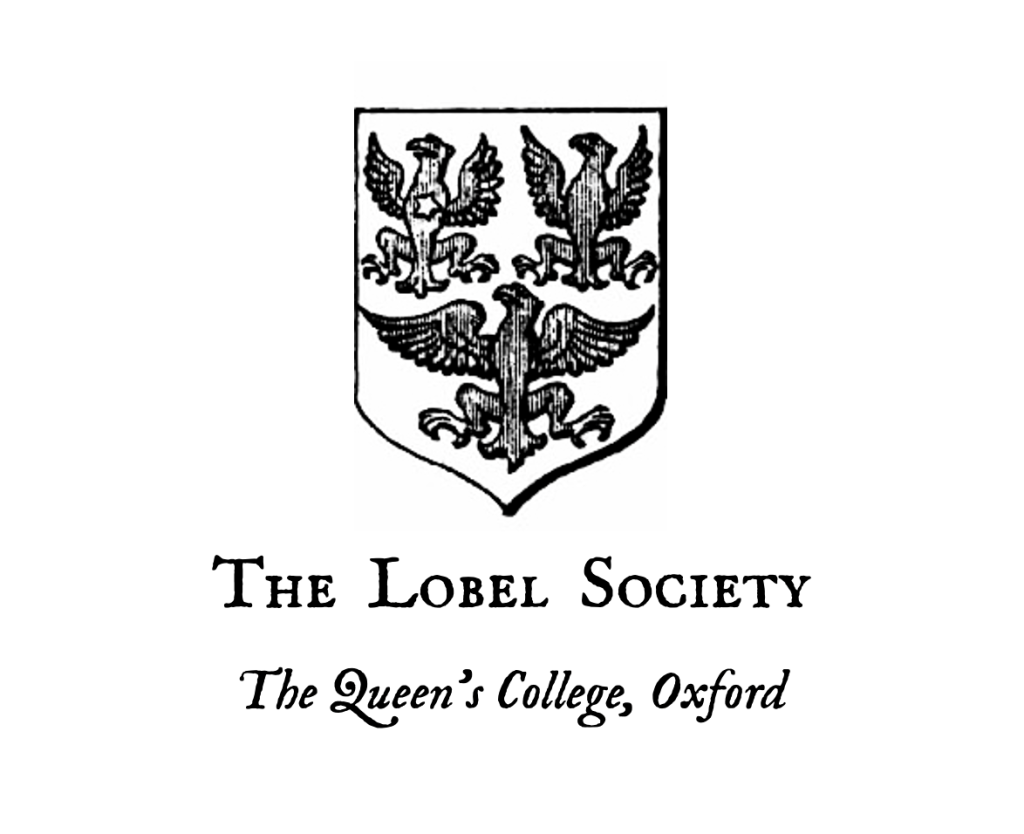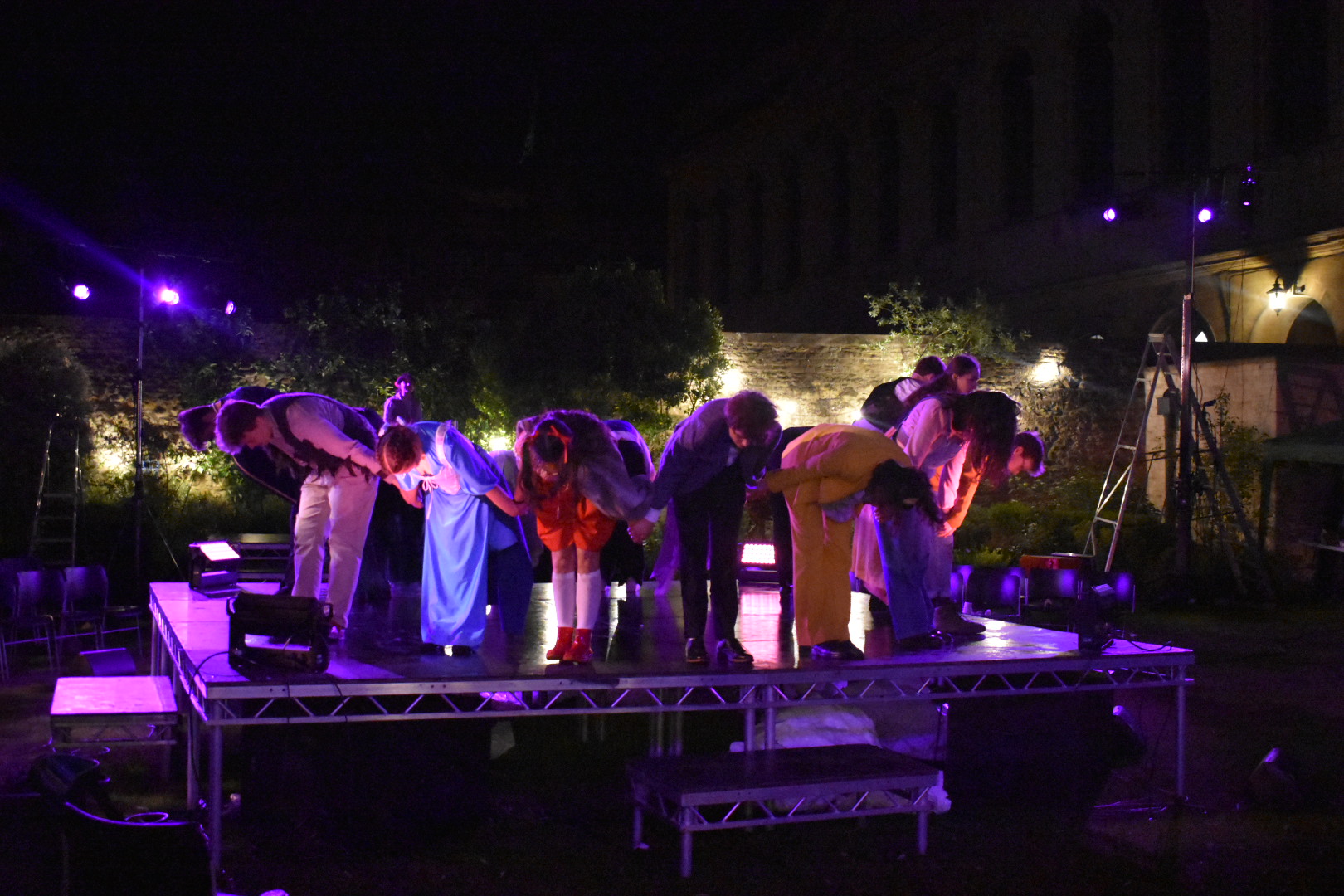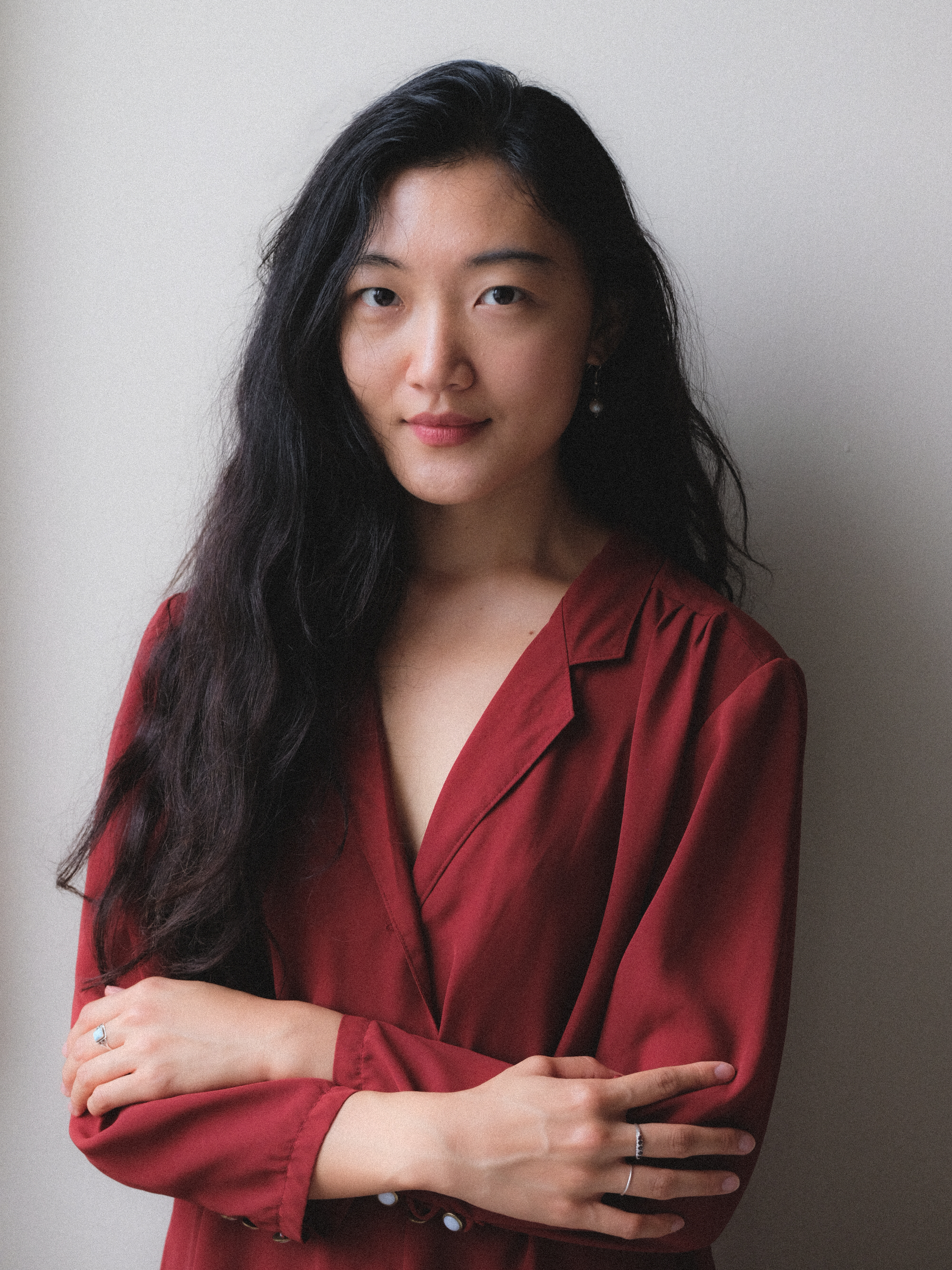We asked Sam Troy, current President of the Lobel Society to tell us about the Society.
What is the Lobel Society?
The College Classics Society, but not only that: Classics at Oxford is known as ‘literae humaniores’, which literally means ‘more human literature’, so this broader sense of Classics is of interest to other subjects as well. The audience regularly features students of Asian and Middle Eastern studies, theologians, philosophers, and more. The aim is to break a little out of the trammels of curricula and to bring some ‘studium’ (Latin for eagerness, devotion) to our studies of the Classical World!
What sort of lectures do you have?
There’s a huge variety. Only this term we’ve had lectures on everything from Christopher Metcalf’s A new myth of Ancient Kingship, to Nell Mulhern Barnes’ Prudentius’ Warrior Women, with a time range of roughly 2,500 years. A thread that usually runs through the lecturers is that they have some connection to Queen’s, which has a very strong tradition of fostering young scholars: Matthew Nicholls, for instance, a current Fellow at St John’s, is a former Queen’s Junior Research Fellow, and gave a fascinating lecture on the architecture of Roman Libraries.
The audience is diverse as well: at the last lecture, Robin Lane Fox was sat in the audience next to a first-year undergraduate! (Robin Lane Fox, for context, is a retired Ancient History fellow from New College who taught my mother when she was studying at Oxford in the 1980s, so I couldn’t quite believe it when he came along). We’re particularly proud of how varied our audiences are.
What is the most interesting thing you’ve learned at the Lobel Society?
There’s been so much. The most fascinating thing has probably been seeing a photo of a marble sign from a Roman Library in a talk by Matthew Nicholls, with opening hours and their no-lending policy. It also mentioned that the librarians were bound by oath to keep to these rules, so you couldn’t bribe them to let a book be taken home with you.
What would you say to anyone considering applying to study Classics at Oxford?
My first reply would be, ‘Do it!’, and then I’d think for a bit, and say something more like this:
The most important thing in choosing your degree is that you love it, which means it’s worth doing Classics if you like at least one of language learning, literature, history, and philosophy. Tutors are interested in where you might be after four years of education, rather than where you are now, so a real desire to learn is one of the key things that they look for. Make sure that you have read a few books about Classics that you’re enthusiastic about. It’s the most amazing course, so the tutors will want to teach someone who enjoys it as much as they do!
What do you like about Queen’s?
I always feel that Queen’s is ‘the smallest big college’: it looks huge and splendid from the outside, but inside it’s quite friendly and cosy. There are fewer students than even the tiny Teddy Hall across the road, but we have the communal spaces of a much larger college: the library, chapel, dining hall, beer cellar – all of these have a good claim to be one of the best, if not the best, in Oxford. Having such amazing shared areas along with comparatively small student numbers means that the community is really strong.
What is your favourite thing about Queen’s (apart from the Lobel Society, obviously)?
The Choir! I’m biased, because I’m in it, but it always amazes me that it produces music of such a high standard in the middle of a hectic term – Owen Rees (the Waverley Fellow in Music and our conductor) is a genius. It’s a very friendly group of people as well, and it’s always wonderful to end the day with a bit of peace and quiet in the chapel.
Can you recommend a book?
Yes. Bernard Knox’s The Heroic Temper: Studies in Sophoclean Tragedy. It sounds dense, but Knox writes so compellingly that it is an absolute joy to read. He also wrote long enough ago that modern scholars tend to regard this book as heroically wrong in most of its conclusions – and it’s always a pleasure to disagree with a scholar.




